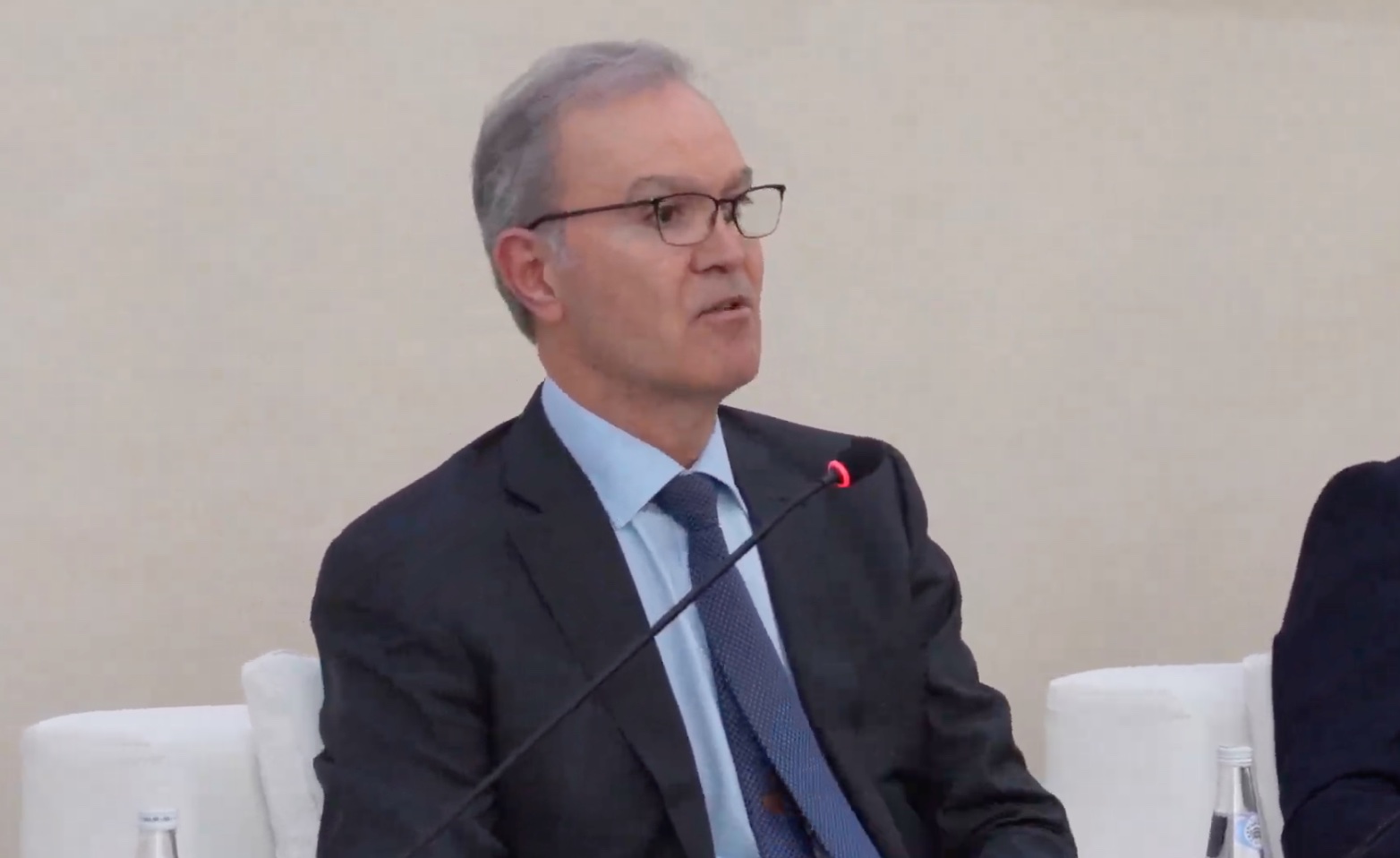BAKU, Azerbaijan, May 2. The economic performance of the Caucasus and Central Asia (CCA) region in 2024 exceeded expectations, with growth reaching nearly 5.5%, up from 5% in 2023, said Thanos Arvanitis, Deputy Director of the IMF’s Middle East and Central Asia Department, Trend reports.
Speaking at the launch of the IMF’s Regional Economic Outlook for the CCA, Arvanitis described the results as "more than one percentage point higher than we expected only in October last year".
The main drivers behind this robust performance were strong domestic demand and investment. "Primarily, domestic demand was very robust," Arvanitis explained. "This reflected strong private consumption, which was supported by strong remittances. Remittances in the region continue to be at a historical high".
He pointed to other factors supporting consumption, including double-digit credit growth and notable real wage increases, particularly in countries like Kyrgyzstan and Uzbekistan. "All of these factors supported private consumption," he said.
In addition to consumer activity, investment in infrastructure, energy, and mining gained momentum. "This investment is important not only because it supports domestic demand, but also because it creates a momentum for the years to come," Arvanitis noted.
While government spending played a smaller role, Arvanitis highlighted that some CCA countries began fiscal consolidation, particularly those with low import levels. "In fact, in many countries government spending was not a major driver for growth," he said, adding that debt levels remained moderate in most cases — around 30–40% of GDP in Kazakhstan and Azerbaijan.
On the external front, exports, remittances, and financial flows continued to support economic activity, though export growth moderated in pace compared to the previous year. Arvanitis said that growth was "broad-based", with "steady gains in construction, transportation, [and] mining".
Looking ahead to 2025, the momentum appears to be holding. "We’ve seen actually this growth momentum continuing," he said, adding that this provides a strong foundation for the year.
However, rising global uncertainties may challenge that outlook. "We’ve seen global uncertainty increasing… particularly reflecting the trade tensions that have started in major economies," Arvanitis warned. "This, on the one side, the momentum coming into 2025 from last year, but also the headwinds from the global uncertainty, provides the setting for us to think about the prospects, but also the policy priorities for this year".







